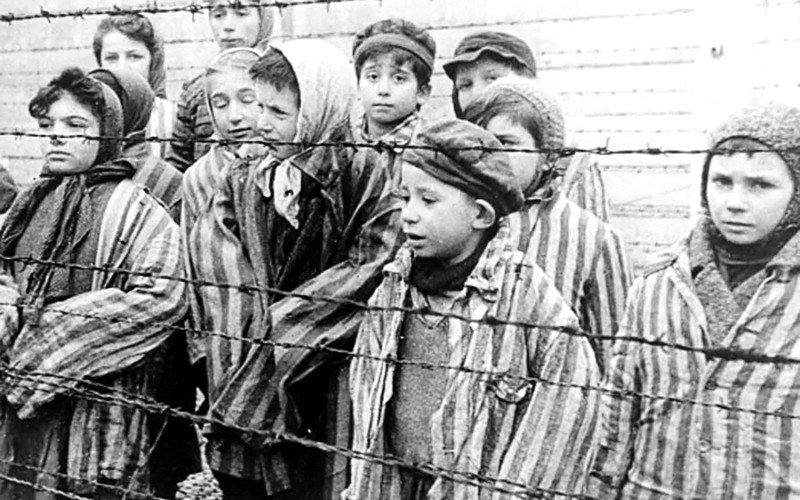
World War Two In Perspective
Remember why the war was fought
‘This war,’ Hitler told the Reichstag in 1942, ‘is one of those elemental conflicts which usher in a new millennium and which shake the world.’ He was right, of course. Far from a Thousand-Year Reich, Germany today is a pacific, liberal democracy, as is Italy. Poland and Russia are independent Slavic states. France is restored and plays a leading role in Europe. The Jewish people have their own democratic state. The United States, which Hitler loathed, is the greatest world power and has had an black president. China is a powerful independent state and Japan a neutral, anti-militarist democracy. The British Empire has gone, but its Commonwealth is thriving across the continents.
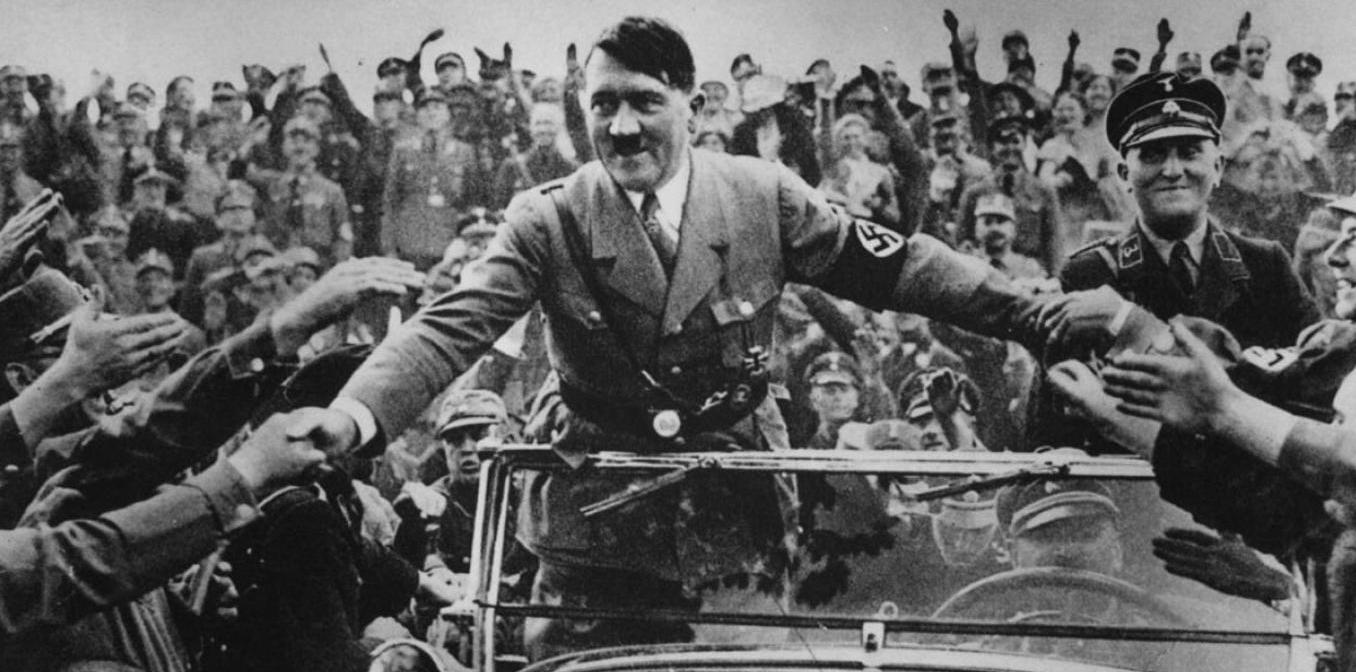
1 of 1
The realization of Hitler’s hopes for a ‘Pan-European Economic Area’ does not conform to his scheme for a giant life support system for the Aryan race, which never won its Lebensraum after all. Hitler’s war was indeed therefore ‘one of those elemental conflicts which usher in a new millennium’, but it was precisely the opposite kind of millennium to the one he had in mind.
The Second World War lasted for 2,174 days, cost $1.5 trillion and claimed the lives of over 50 million people. That represents 23,000 lives lost every day, or more than six people killed every minute, for six long years. One cannot look across the long, seemingly endless rows of headstones marking the military cemeteries throughout Europe and the Pacific or the great memorials and earthen mounds memorializing the dead of Eastern Europe without a sense of the terrible cost of World War II.
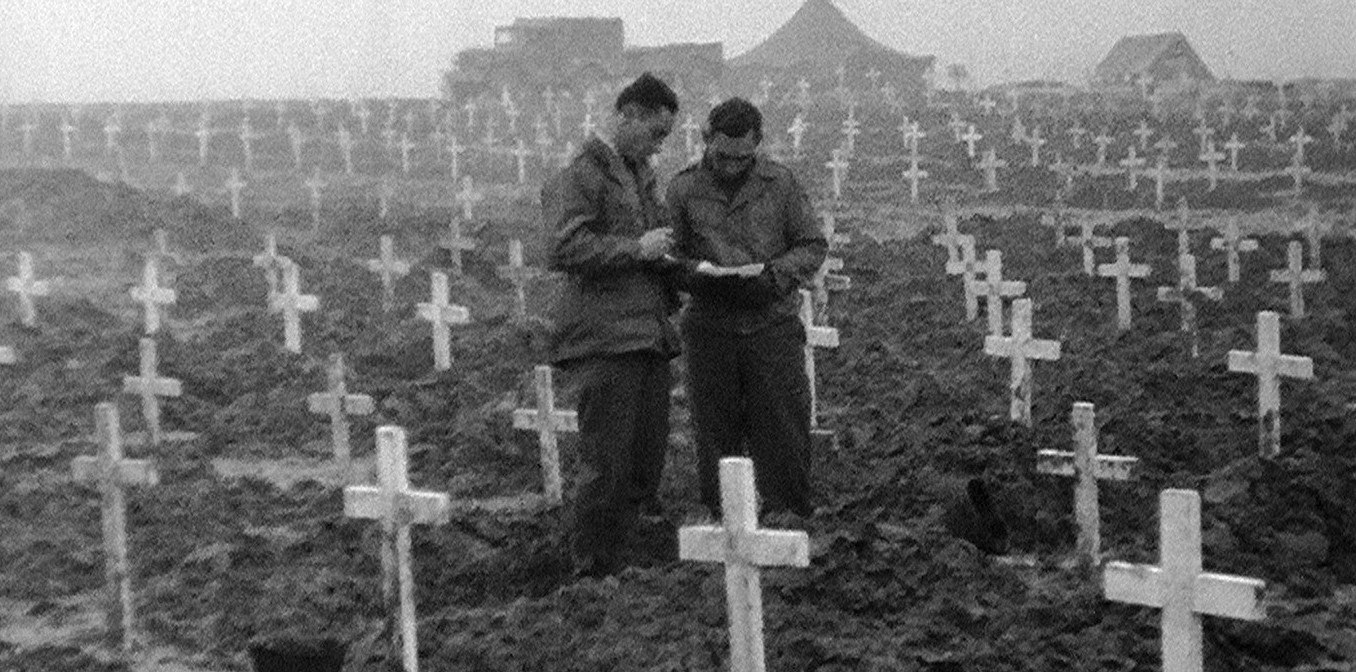
1 of 1
At the Commonwealth Beach Head Cemetery just north of Anzio in Italy lie some of the men who fell in that campaign. The bereaved families were permitted to add personal messages to the tombstones. The gravestone of Private J. R. G. Gains of the Buffs, who was killed aged thirty, says: ‘Beautiful memories, a darling husband and daddy worthy of Everlasting Love, His wife and Baby Rita’. Even two-thirds of a century later, it is still impossible not to feel sad that baby Rita Gains had to grow up without her father. Only by multiplying this tragedy by 50,000,000, can one even begin to grasp the sheer extent of the personal impact of the Second World War.
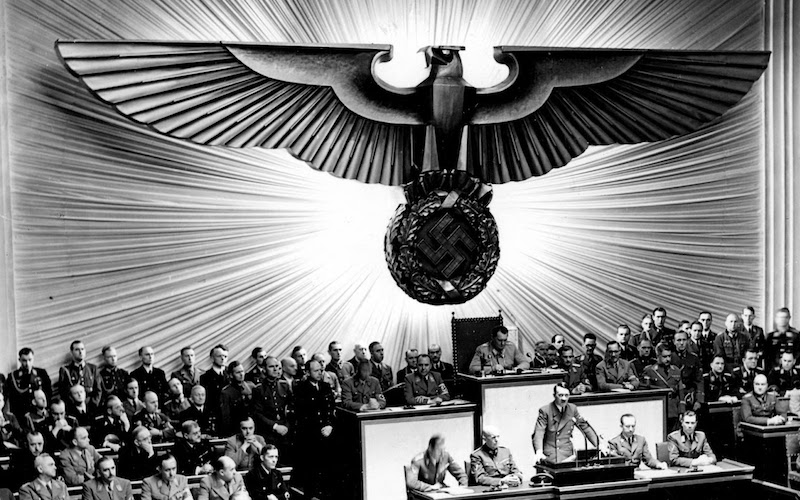
Why Germany lost World War Two and why the Allies won?
The Axis lost the war because of a series of tactical mistakes that, at the time, might have seemed the best choices of limited options. At the same time, the Allies won the war through a genuine team effort, and at great cost both financially and in the terms of human lives
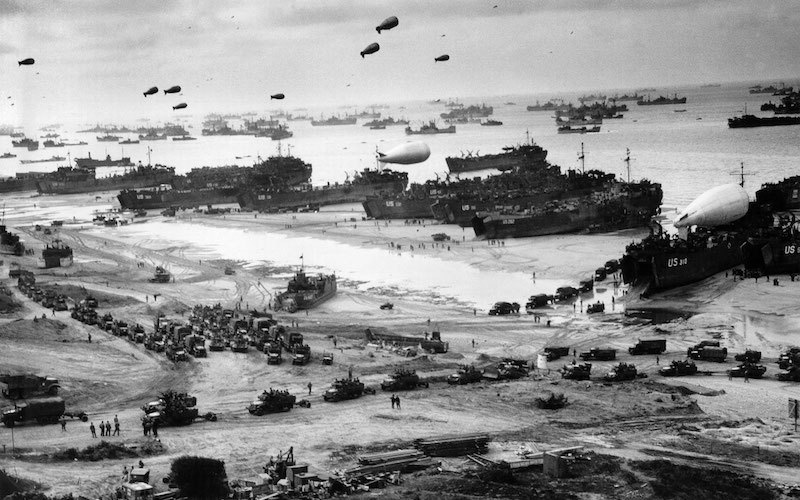
How was World War Two fought?
World War Two was fought with a wide variety of weapons from all countries that fought in the conflict. As the war progressed, new and more deadly weapons were deployed on the world's battlefields.
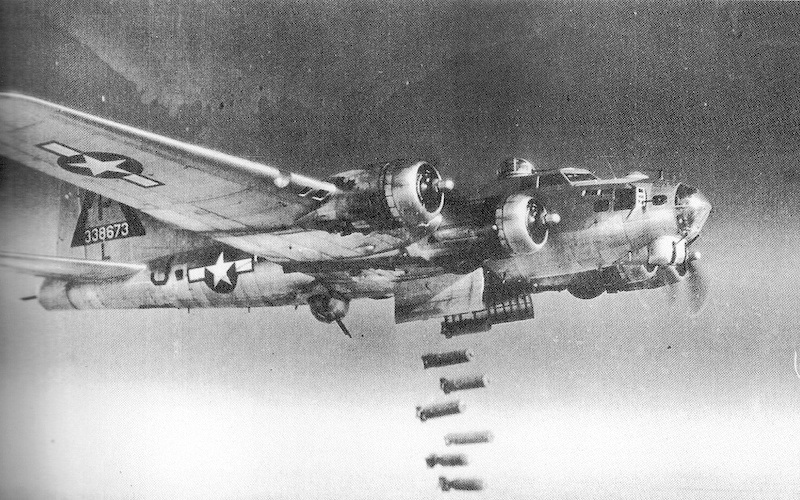
Allied bombing of Germany
As distasteful as these bombing campaigns are today to most citizens of the liberal democracies under sixty years of age, the Combined Bomber Offensive in Europe and the bombing of Japan reflected not only a sense of moral conviction on the part of the West but a belief that such air attacks would end a war that daily grew more horrible for soldiers and civilians alike.
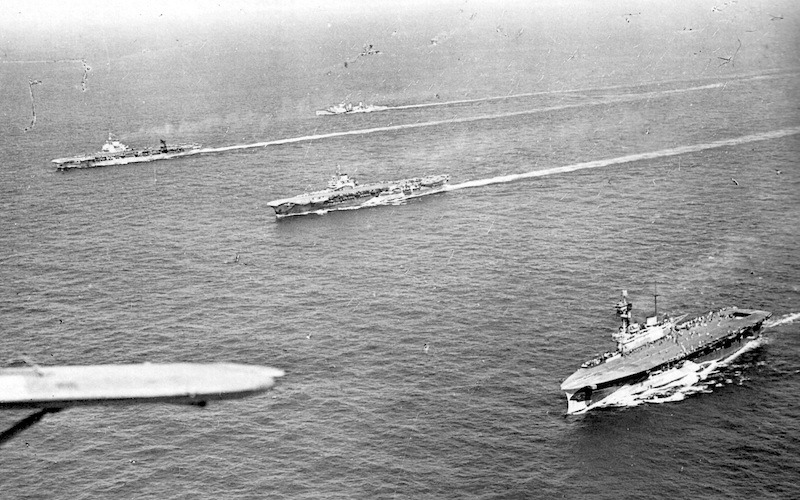
War at Sea during Word War II
The Allies eventually won the Battle of the Atlantic, but at a needlessly high cost. The armed forces’ lack of interest in anti-submarine warfare before the outbreak of the war was inexcusable, especially in light of their experiences in World War I. When Hitler invaded Russia Britain’s Prime Minister and America’s President supported URSS by establishing Arctic convoys of military equipment.
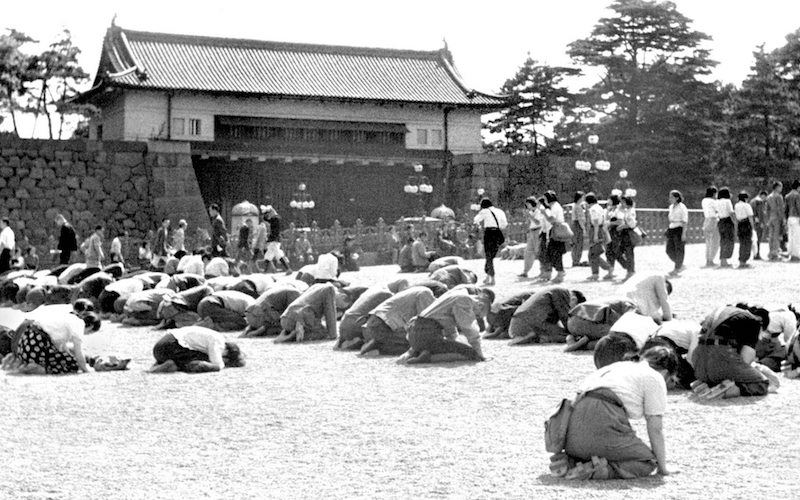
Asia after World War Two
World War Two fundamentally changed the destinies of China, Japan, Korea and South East Asia. Each country faced new challenges after the war, often as a direct consequence of the war, challenges that would shape their destinies for decades to come.
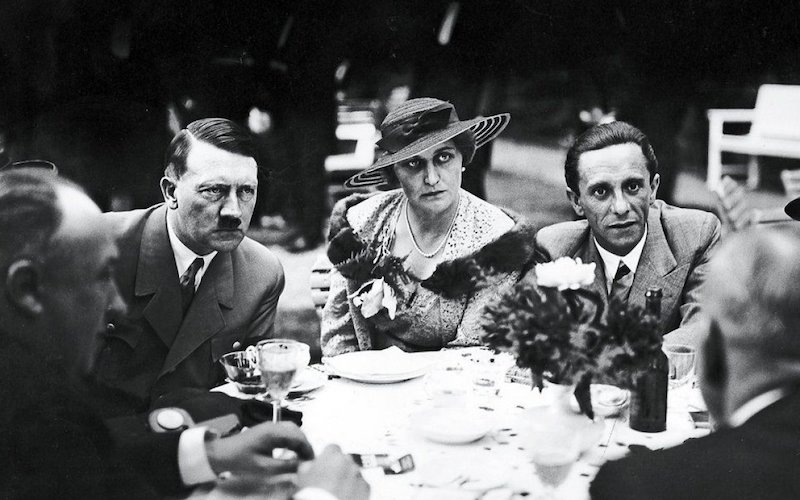
Home Front during World War Two
The industry had to accelerate the production of war matériel. The warring countries had to galvanize their societies for war in order to maintain morale, and to mobilize their soldiers. Countries under occupation tried to organize resistance movements with varying degrees of success.
- Andrew Roberts, The Storm of War A New History of the Second World War, Penguin Books, London, 2009
- Williamson Murray, Allan R. Millett, A War To Be Won Fighting the Second World War, Belknap Press, Cambridge, Massachusetts, 2000
- Rebecca Mace





